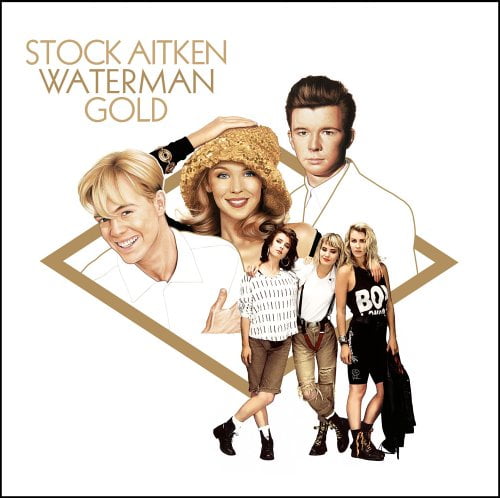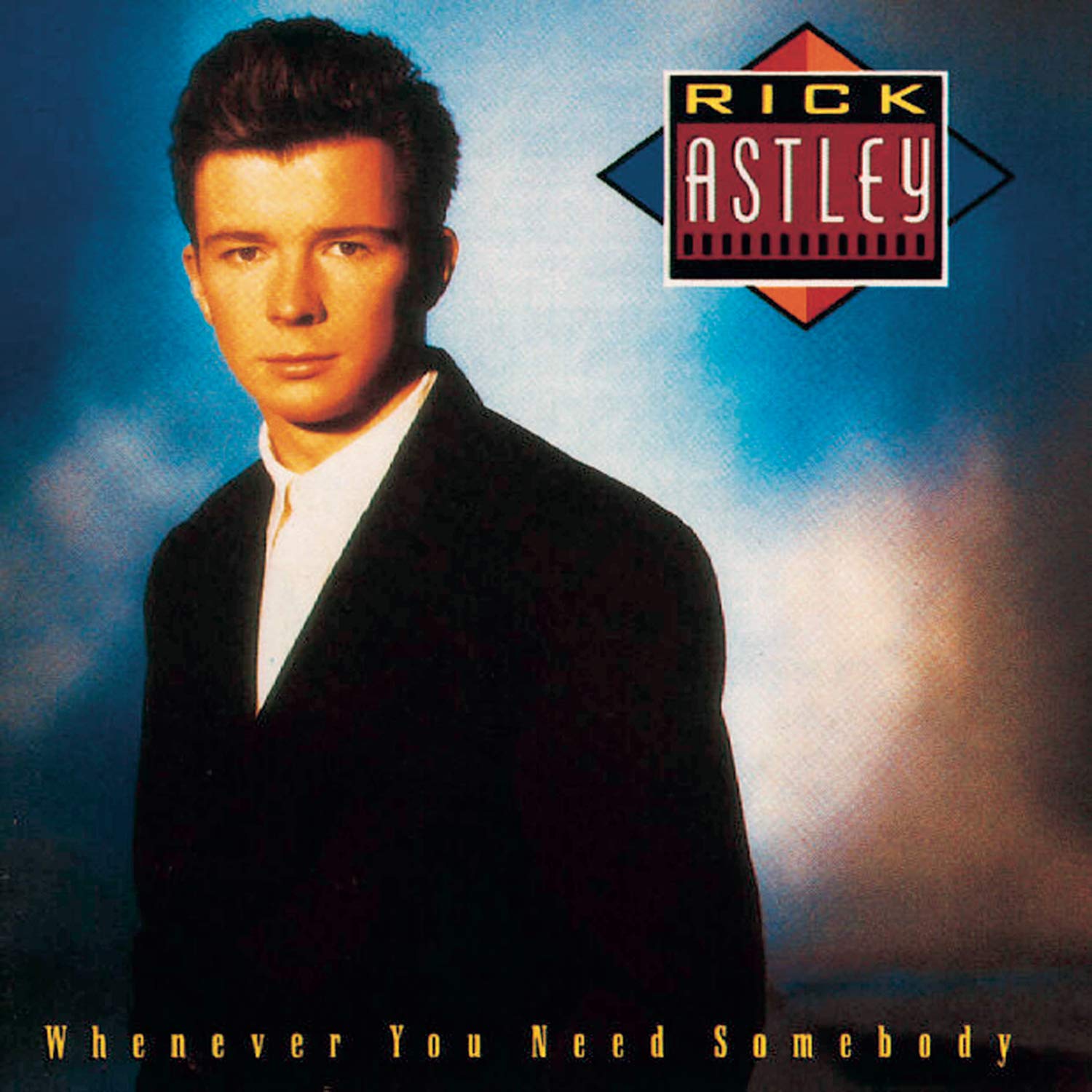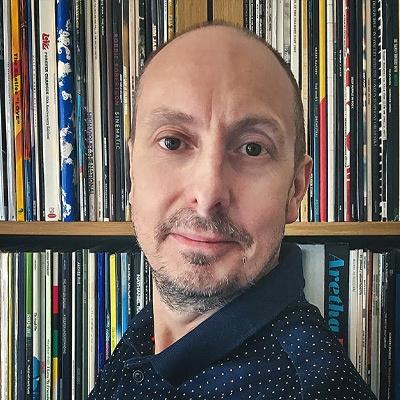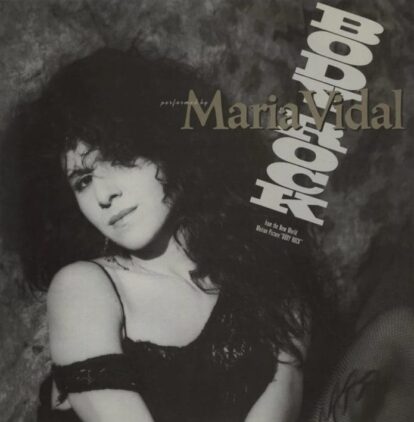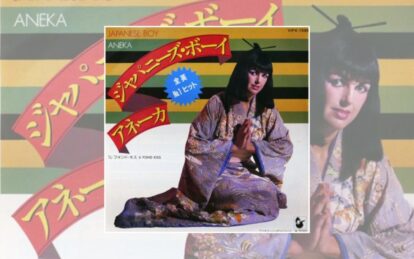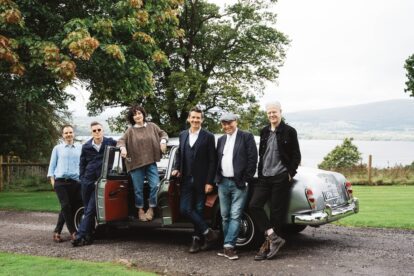In this revealing interview from 2020, Rick Astley tells us about his SAW years, forging his own way, the importance of family life and his heavy metal alter ego…
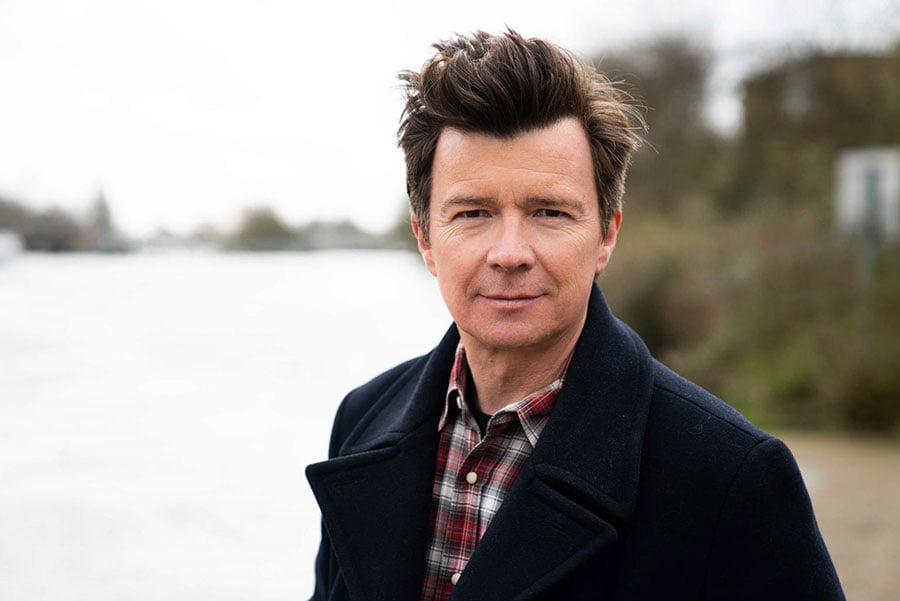
Rick Astley interview
Rick Astley is having his ‘Bob Dylan moment’. Alongside their studio incarnations, his new greatest hits compilation The Best Of Me includes striking reinterpretations of his biggest tracks. Fancy hearing Never Gonna Give You Up recast as a heart-wrenching piano forte ballad? Together Forever reworked as a late-night smoky jazz standard? Then step right this way…
While we’re not in the realms of Tangled Up In Blue performed as a polka here, the 10 freshly recorded, ‘reimagined’ songs that feature on the comp’s second disc are intriguing reboots some distance away from the original.
“Dylan has that thing where he just goes off on one on stage and even the musicians in his band don’t know what he’s up to until they get to a certain lyric or moment,” Rick explains of His Bobness’ liking for on-the-fly transformations of his own back catalogue. “The one thing I’ve done with my new versions is that I sing the same melody, it’s just that everything else is different. The key, the tone of the whole thing, the structure is changed here and there.”
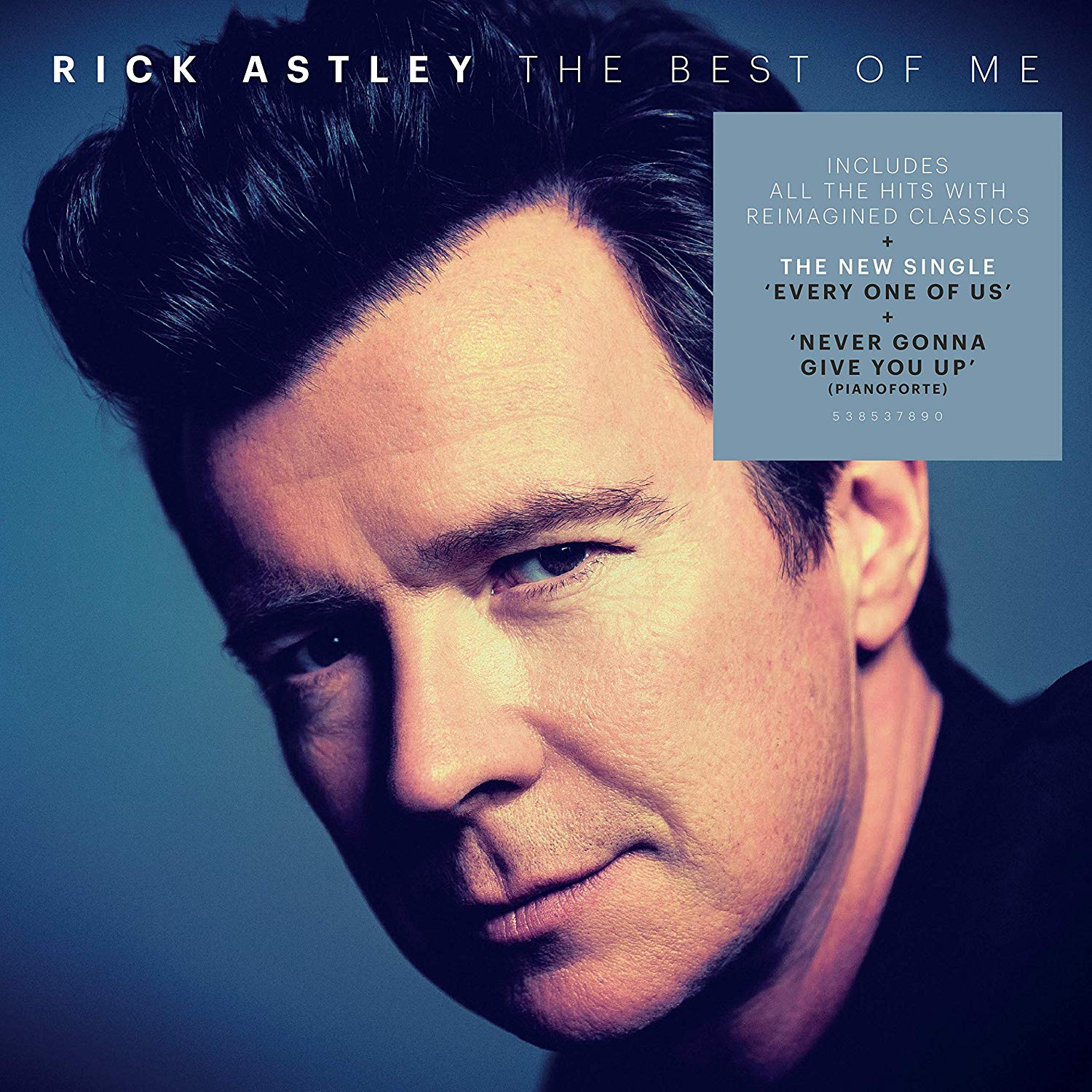
As we meet up at an elegant Maida Vale restaurant beside London’s Grand Union Canal, Rick has just caught up with Waterman and the pair are still on good terms. There’s obviously no hard feelings almost 30 years on after the singer decided to strike out on his own and leave the SAW empire that helped him sell 15 million copies of his debut album.
“SAW wrote some really, really great songs,” Rick reflects, glass of rosé in hand. “They were produced in a way that puts them in a very exact moment in time. Even they wouldn’t have produced those records 10 years later in the same way. They had a formula sound, but at the end of the day you can still sit down and strum them on guitar or play them on piano and they still work.”
With SAW’s vision of making a UK pop production line to rival Motown’s success in the 60s and 70s, Astley was keenly aware that he’d have to fit into a straitjacket formula, despite being something of an anomaly on the label – he had an extraordinarily soulful voice that could rock you back on your heels. SAW’s relentless workload impacted on Astley at first; he struggled to elbow his way to the front of the queue ahead of labelmates Kylie, Jason, Mel & Kim et al.
Read more: Making Rick Astley’s Whenever You Need Somebody
“SAW became massively busy around the time I signed with them and I got put on the back burner,” Rick explains. “Initially, the idea was to make records and release them on the label they’d formed but the truth of it was they got a bit busy. SAW had a formula and were trying to create their own empire, their own legacy. They never got a drummer in, never got a bass player in. That became their sound.
“What I would say, though, is if you put on Say I’m Your Number One by Princess, You Spin Me Round by Dead Or Alive, Mel & Kim’s Respectable and let’s say Venus by Bananarama then yes, they do have an 80s feel to them, but you can’t say all those records sound alike. Through the mists of time they probably seem a bit closer to each other but when I made tea for them they all sounded different to me. SAW found their real formula with people like me, Jason and Kylie a little bit later.”
Yet Rick was always a man apart on the roster. He was a singer who became a pop star; the diametric opposite of Kylie and Jason, ready-made stars who gradually learned their craft as vocalists. Astley agrees: “Kylie and Jason came from an acting background and were already very famous before they made their records, it’s a totally different angle. Having said that, there’s a bit of an actor in every singer. Like Frank Sinatra said, when he read the lyrics, he had to really get into it: feel it, believe it. For me, that’s acting.”
Rick adds that his best work comes from when he connects with it on an emotional level, although some songs are destined for classic status no matter what.
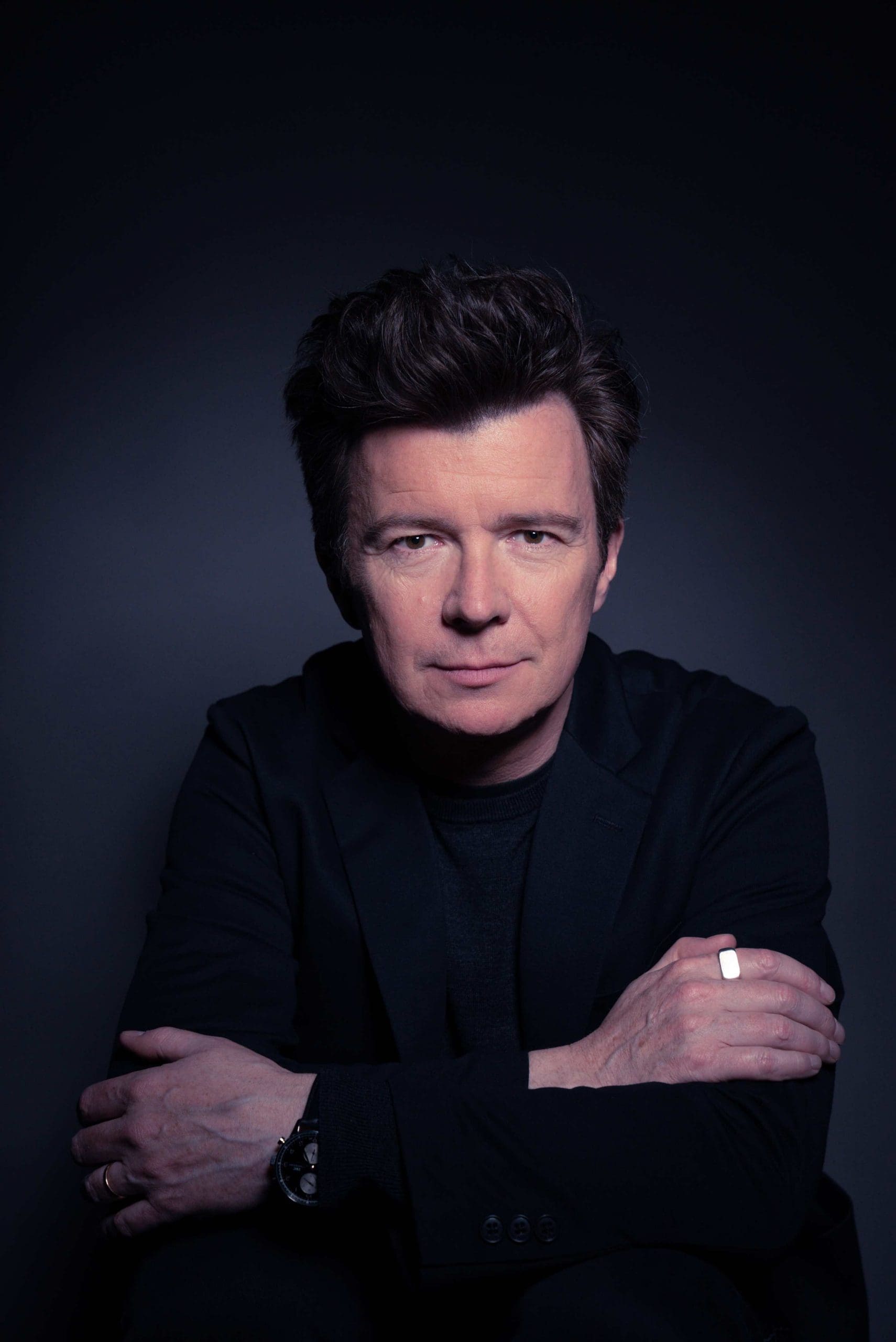
Rick Astley interview
“Never Gonna Give You Up, for example, is a great song and there are a lot of people who could have sung that and it would have been a hit. Whether it would have been the hit it became if it wasn’t a combination of SAW’s writing, production, my voice, and the way I looked – ie 12 years old – I couldn’t say. All those things came together perfectly.”
The initial success of Never Gonna Give You Up came amid a whirlwind of intrigue surrounding Astley’s identity. Surely he was a record company ringer and the real vocalist was an unknown black R&B singer from Detroit rather than a freckle-faced youngster from Lancashire…
Read more: Top Stock Aitken Waterman albums
Read more: Top 40 Stock Aitken Waterman songs
“I’m from Newton-le-Willows for God’s sake! Yes, there was that controversy,” Rick laughs as he takes another sip of rosé. “We only made the video for Never Gonna Give You Up in the week it went to No.1. It had been on the radio and we’d been on Top Of The Pops once or twice but we didn’t have a video.
“MTV was in its prime and if you didn’t have a video you didn’t exist. Why didn’t [the record label] do it? I wonder if somebody was saying, ‘Let’s just hang on with a video for a bit. Let people discover what he looks like rather than ram it down their throats…’
“I’m not the ugliest person in the world but we were in a period in the 80s where pop stars looked amazing and I didn’t really tick that box. If we look through the whole life of music, it’s not just about the voice. There have been plenty of artists with not much of a voice who’ve got quite big careers out of it!”
Astley’s success was astonishing. Debut album Whenever You Need Somebody was a worldwide hit shifting 15 million copies. From the release of that first LP to its fifth single It Would Take A Strong Strong Man, Rick was the biggest-selling artist on the planet, bar none.
But the SAW songwriting stranglehold was broken within a year, and Rick’s game-changing, self-penned She Wants To Dance With Me altered the dynamic when Pete Waterman selected it as his next single. The penny dropped – for all concerned – Astley could survive on his own.
“As I remember it, I wrote that song because Pete loved I Wanna Dance With Somebody by Whitney Houston. The guys used to listen to a lot of American records and analyse their groove. I thought I’d do my version of the Whitney song.
“Without really putting his brain into gear, I think Pete just sorta went, ‘I love it! That’s your next single!’ Then he went off around the building screaming, ‘Rick’s written his next single!’ – with me having never written one at this point, just a few album tracks.
“Meanwhile, my management pointed out that everyone needed to focus on making sure the next single would be suitable for America. Bananarama were already known there but a lot of the newer SAW artists never got a look-in in the States and that frightened the shit out of me.
“It led to some issues, though, because Matt [Aitken] and Mike [Stock] said, ‘Hang on a minute, we write the songs.’ I wasn’t the one jumping up and down demanding it be the single although I was hopeful I’d write a single one day. Pete had a different axe to grind as he was my publisher.
“He had an overview that Mike and Matt didn’t as Pete was running the whole empire. Maybe he was thinking if I turned out a hundredth of what Marvin Gaye did, ie an artist that you sign becomes able to write his own songs, it might not be a bad thing.
“At first, it wasn’t gonna be my next single. I actually sang a version of Nothing Can Divide Us. I didn’t want to be an upstart, but I realised I didn’t think that should be the first single off my album in America. I wasn’t just totally bothered about America but I knew that it was a game-changer. I was being offered Coca-Cola commercials because I’d had two No.1s. We didn’t do it in the end, it’s a long story, but we won’t get into that. I’ll need something stronger for that one…”
Rick’s third album – the pertinently-titled Free – marked a new chapter. A defiant statement that he was a mature artist willing to step off the SAW conveyor belt even if it dented his chances in the charts.
“I was more part of the process on those SAW records than people were conscious of – I wrote four songs on the first album and four on the second – but for the likes of Never Gonna Give You Up, Together Forever and Whenever You Need Somebody, SAW wrote all three of those tracks and I just turned up and sang. I didn’t have any part to play in those other than making tea on the sessions.
“If we were having No.1 after No.1 I might have stayed with SAW a bit longer but I just looked at it and thought, ‘I don’t know how many records I’ll make and we’re not going to repeat Never Gonna Give You Up.’ I still think that’s the best song they ever wrote. I thought, ‘Wouldn’t it be great to go and work in different studios with different musicians, real strings, real drummers, a brass section.’ Elton John’s gonna come in and play grand piano for me! If I’d said to Pete, ‘I’ve written this song. I want to get Sting’s drummer on it and a choir’, he would have dropped his tea!
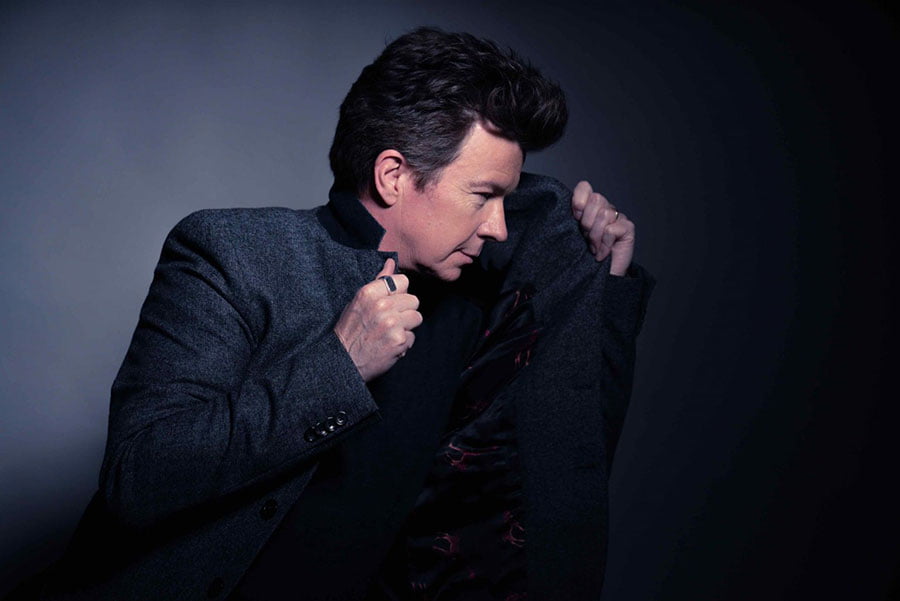
Rick Astley interview
“SAW were on their journey and I’d gone as far as I could with them. They weren’t mugs and weren’t daft. They knew how to write a hit that worked well on the radio.
“I understood that we may not have that [original] success again, but I was alright with it. I was brutally honest with myself and realised I was a pop singer who might not make another 25 albums.
“Being in a studio where you’ve got Quincy Jones’ string arranger, Jerry Hey, those were the boxes that I wanted to tick. I wanted to be in LA working with the guy who did the strings for Quincy and Michael Jackson. I wanted to be on the other side of the glass when the choir fired off and sang the choral bits on Cry For Help. I’ll remember that until my dying day. Moments like that, you can’t replace them.”
Read more: The Stock Aitken Waterman story
Read more: The stories behind SAW
Free did the kind of numbers that Astley could reasonably expect; a Top 10 hit in the UK and Top 40 in the US. A step down, perhaps, from his SAW pomp but, on his own terms, a decent result.
But by fourth album Body & Soul, Rick’s heart wasn’t in it anymore. The grind of promoting his music around the world had worn thin. Without the oxygen of publicity surrounding it, the record virtually sank without trace and, at the age of just 27, Rick did the unthinkable – he retired from the game to spend more time with his family.
“Being a pop star is weird. In reality, most of the things pop stars do are not very pop star-like. There’s not much hanging off a yacht in the Caribbean, it’s more often than not chatting to journalists on a speakerphone in an office with no windows.
“There are the moments why we all do it, such as performing on stage which is incredible, you also get to meet some really interesting people and visit some funky places. But a lot of it is like being a travelling salesman. There’s nothing wrong with that, but when you thought you were signing up to be a pop star, you know… it becomes very detached from the actual music.”
While he was already financially secure, it’s admirable Rick had the resolve to give up his career with so many years still ahead of him. And that decision may have been in part at least driven by his own troubled upbringing in a broken home. Forget money, it’s family that’s important…
“It wasn’t just because of my daughter Emilie. I don’t want her thinking I gave up my career solely for that reason but it was a part of it. I just wanted to do normal things and be there for her. I was a bit ‘over it’ [the music business] and sick of it all. I have more peaks and ‘up’ bits now than I did back then when I was having more success.”
Astley’s childhood was affected by his parents’ bitter divorce; his decision to spend more time with his new family therefore came from a well-informed notion of how important a stable domestic life was to his happiness.
“There’s a bit of consciousness in that from me and probably underlying emotions of having divorced parents who didn’t speak to each other, let alone live in the same house. I grew up in an atmosphere that was a broken situation. I was only four or five when it happened but I spent most of my childhood in a pretty shitty environment. I’m grateful for my brothers and sisters who were amazing, but in terms of a family unit, I grew up in one that was a bit crap.
Read more: Interview with Mike Stock and Matt Aitken
Read more: Top 40 Kylie tracks
“In the modern times we live in today more people manage to split up and be civil, even if it’s just for the sake of the kids. Basically, my mum and dad were just broken. They had a son who died before I was born. They had two sons after he died, but I think they were just broken and couldn’t admit it. That original tragedy is an immensely tough thing to go through. I don’t know how they survived it, to be honest.
“My two brothers, my sister and me are all with the partners we’ve been with since we were pretty young, so maybe there’s a subconscious sense of, ‘You know what, we’re gonna make sure this is gonna stick.’”
‘The Wilderness Years’ – as Rick doesn’t call them – at first looked like they’d see him become a songwriter or producer for hire. But changes in music culture saw it pan out differently. Save for co-writes with former Marillion frontman Fish (Mission Statement) and Popstars: The Rivals winners One True Voice on Shakespeare’s (Way With Words), Astley remained mostly silent.
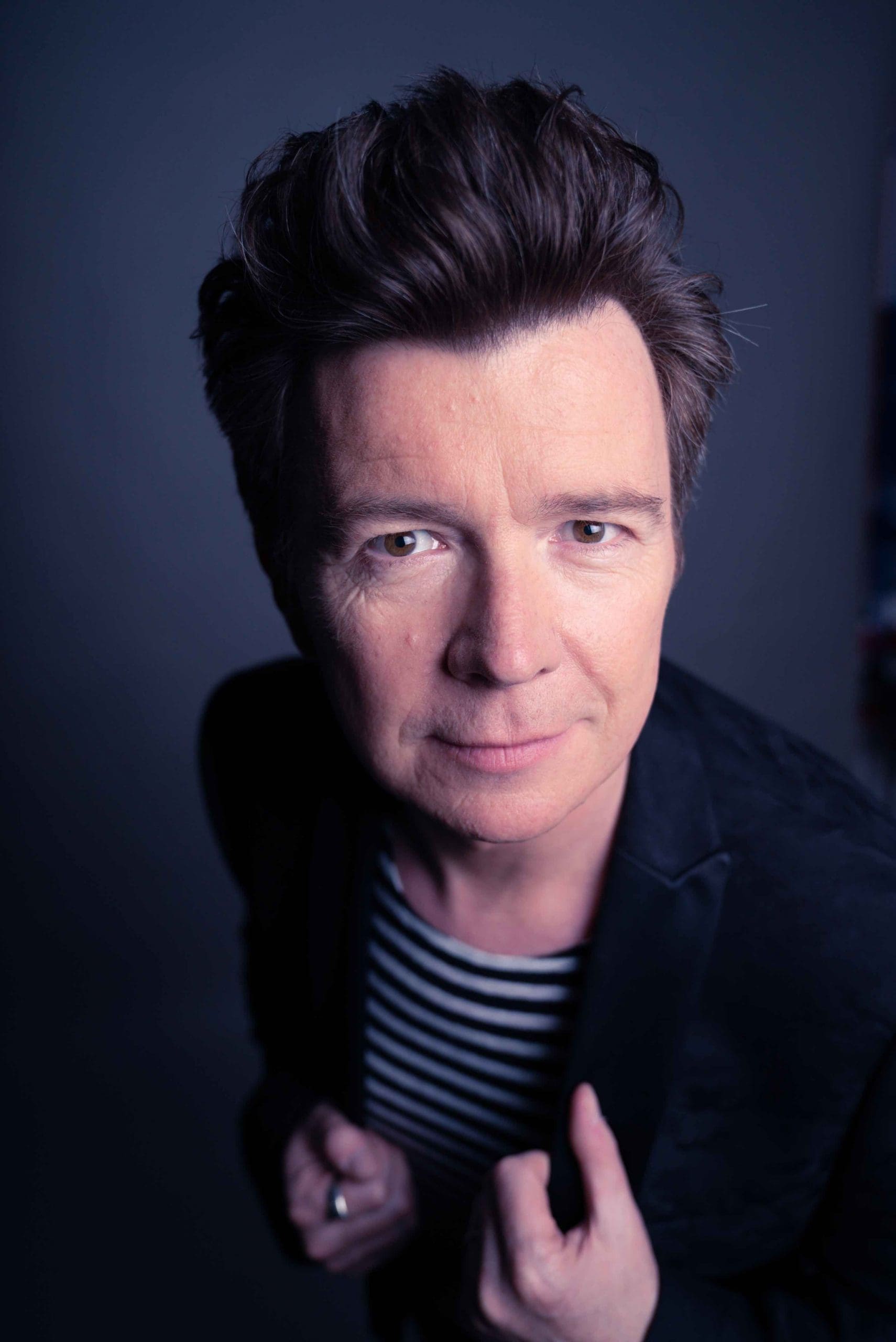
Rick Astley interview
“I had a studio built and pursued it for a while but I don’t think I had the chops for it. The 90s brought in this whole Auto-Tune thing. Dance music became massive. There were loads of pop songs obviously but it was a bad time to get involved in learning how to make records and producing vocals. Managers and labels were happy to sign people who couldn’t really sing, because they could fix everything with Auto-Tune.
“Thankfully, we’ve grown out of it a little now. There are some amazing singers now in proper pop music, the young kids who have been coming through in the last 15 years. Look at Adele, Sam Smith, Lewis Capaldi – people who could stand up in a pub and make people take notice or sing on a great record and have a worldwide hit. That to me is still a path that’s important.”
Rick’s gradual re-emergence saw him tiptoe his way back into the music biz with the Germany-only release of 2001’s Keep It Turned On alongside regular touring. But it was the Rickrolling phenomenon of 2007 and No.1 success of comeback album 50 where the stakes were really raised. If it wasn’t for those, perhaps Astley would have been content to see out the rest of his days with cameo appearances on retro package tours.
“I think there’s an element with some people – and I definitely fitted into that category – of saying, ‘You had a great go at it, you’ve been really lucky and can still go out and play your old tunes but the truth is you’re never going to have another hit record again.’ If you want to make an album in your garage and put it on the internet, you’re allowed to do that. You’re not going to have a record outside your 20 immediate friends that anyone’s going to know about.
“You have to be comfortable with that or else you drive yourself fucking mad. So that’s what I did. I did that album 50 purely for myself and a few dedicated fans around the world who kept up with me. I just thought, you know what, there’s something on the internet, you don’t have to buy it but it’s there. It’s what I’m capable of at this point in my life. I’ve played every instrument on it, I’ve written everything. It’s just a love letter. It’s where I’m at right now, that’s it. It just grew into something else.”
As we wind our chat up, an ITN news crew give Rick’s PR guru a call and we grab an Uber to dash over to the singer’s record company for an interview to be broadcast the following day on the nightly bulletin. His third act renaissance shows no signs of slowing down and he’s as newsworthy as ever. The Best Of Me may be a bookend, but don’t bet against any number of further chapters.
Read more: Top Human League songs
Read more: Top 40 synth-pop songs
Classic Pop may earn commission from the links on this page, but we only feature products we think you will enjoy.

